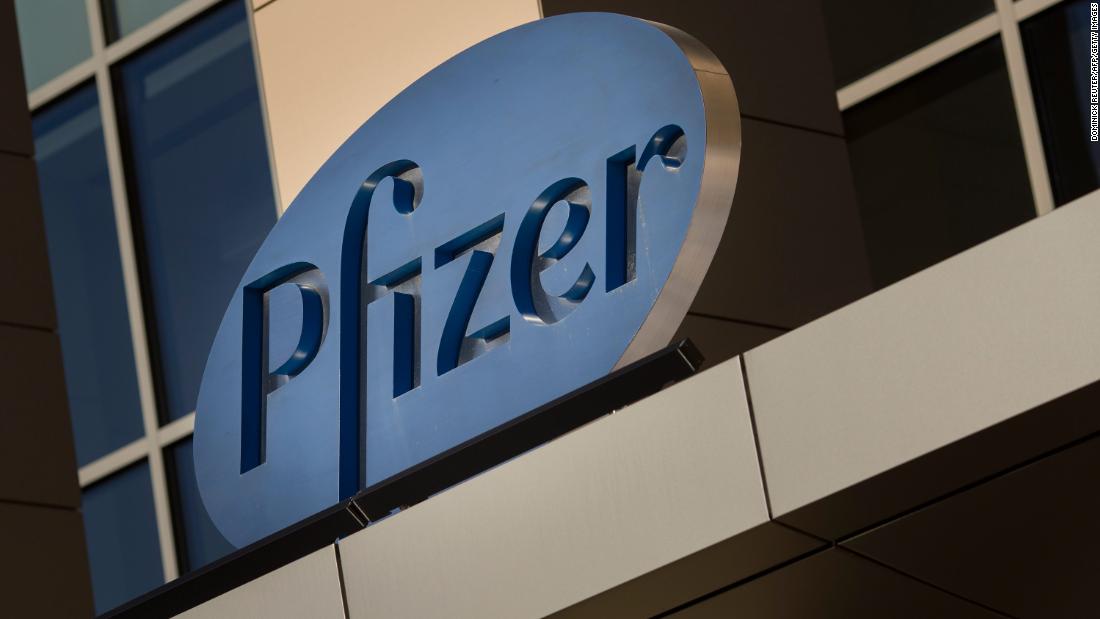Attorney General of Texas Ken Paxton filed a lawsuit against Pfizer on Thursday, alleging that the company had misled Texans about the effectiveness of the COVID-19 vaccine and was “attempting to censor public discussion” despite the fact that the vaccine is still advised by top health agencies and remains effective.
Key Facts
- Texas Attorney General Ken Paxton sued Pfizer on Thursday, claiming that the company had misled Texans about the COVID-19 vaccine’s efficacy and was “attempting to censor public discussion” despite the vaccine’s continued recommendation by high-ranking health agencies.
- According to a press release, “cases increased after widespread vaccine administration” and “some areas saw a greater percentage of deaths” among vaccinated people than unvaccinated people—though the latter may reflect the fact that most people are vaccinated, not that the vaccine doesn’t work—Paxton argued that Pfizer’s vaccine fell short of the 95% efficacy metric it promoted.
- Paxton claimed that Pfizer started to intimidate and censor critics after the vaccine did not live up to its hyped levels of efficacy. Pfizer’s CEO made this claim in an interview in 2021.
- According to Paxton’s lawsuit, there were two occasions when Scott Gottlieb—a former director of the Food and Drug Administration and executive committee member for Pfizer at the time—contacted individuals at Twitter regarding “perceived violations of Twitter policy” involving users who were tweeting doubts about the vaccine.
- According to the lawsuit, Paxton is requesting relief in the amount of more than $10 million in civil fines as well as a court order prohibiting Pfizer from making public comments regarding the vaccine’s efficacy.
- “The company believes that the state’s case has no merit and will respond to the petition in court in due course,” a Pfizer spokesperson told Forbes.
According to a 2021 assessment by the Centers for Disease Control and Prevention, the vaccine’s effectiveness in reducing symptomatic cases was approximately 92.4%, and its effectiveness in preventing hospitalization was approximately 94.3%. Efficacy did decline from Pfizer’s initial 95% estimate, but this was mostly due to the emergence of additional COVID strains that the vaccine was not designed to prevent. The World Health Organization has stated that Pfizer’s vaccine has “very high efficacy against severe disease and moderate efficacy against symptomatic” cases. The Centers for Disease Control and Prevention have continued to recommend and declare Pfizer’s vaccine effective.
In May, Paxton began probing Pfizer, Moderna, and Johnson & Johnson to find out if they misrepresented efficacy and utilized gain-of-function research—a contentious technique in which researchers alter a virus to learn more about it—and to find out if they did so. No lawsuits have been filed by Paxton’s office against Moderna or Johnson & Johnson; however, a Pfizer spokesperson defended the vaccine at the beginning of the investigation, telling the Texas Tribune that “regulatory agencies across the world have authorized the use of our COVID-19 vaccine.”
Paxton has been against the use of masks and vaccines in response to the Covid-19 pandemic and has led a lawsuit against the Biden Administration regarding the requirement that federal Head Start employees receive a vaccination. During the pandemic, skepticism about vaccinations and public health did not just grow in Paxton, Texas; it spread across the country. Similar to Paxton’s initiative this year, Florida Governor Ron DeSantis filed a grand jury petition in December 2022 “to investigate crimes and wrongdoing committed against Floridians related to the COVID-19 vaccine,” though the findings have not been made public.
On August 30, 2021, the Advisory Committee for Immunization Practices (ACIP) received a Grading of Recommendations, Assessment, Development and Evaluation (GRADE) review of the evidence regarding benefits and harms for the Pfizer-BioNTech COVID-19 vaccine. The GRADE evidence type presents an estimate’s level of certainty based on the body of available data. Type 1 (high certainty) and Type 4 (very low certainty) are the different levels of evidence certainty.
“Should vaccination with the Pfizer-BioNTech COVID-19 vaccine (2-doses, IM) be recommended for persons 16 years of age and older?” was the policy question. “Prevention of symptomatic laboratory-confirmed COVID-19 (critical), hospitalization due to COVID-19 (critical), death due to COVID-19 (important), and asymptomatic SARS-CoV-2 infection, assessed using PCR (important) were among the potential benefits pre-specified by the ACIP COVID-19 Vaccines Work Group.
Based on information available as of August 23, 2021, a systematic review of the literature was done to determine the advantages and disadvantages of a two-dose course of the Pfizer-BioNTech COVID-19 vaccine for people who are at least 16 years old. A modified GRADE approach was used to evaluate the data from 26 vaccine effectiveness studies, one Phase I randomized controlled trial (RCT), one Phase II/III RCT, and two vaccine safety surveillance systems. When data on an outcome were available from multiple sources, pooled efficacy and effectiveness estimates were computed.
Benefit-wise, the available RCT data showed that vaccination was linked to a lower risk of hospitalization due to COVID-19 (RR 0.02; 95% CI 0.00–0.12; evidence type 2), death due to COVID-19 (RR 0.17, 95% CI 0.02–1.39; evidence type 2), and symptomatic laboratory-confirmed COVID-19 (RR 0.09, 95% confidence interval 0.07–0.11; evidence type 1). Imprecision decreased the certainty of estimates regarding hospitalization and death from COVID-19.

















































